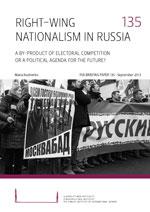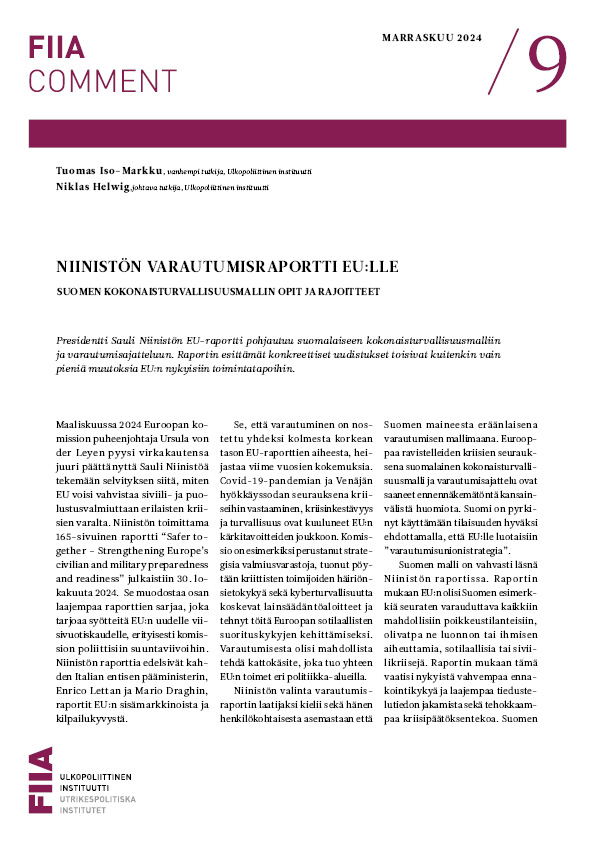Debates on nationalism acquired a great deal of significance in Russia in the summer of 2013, with the activities of right-wing nationalists increasing during this period too.
Modern Russian nationalism has its roots in anti-immigrant sentiments, mainly as a consequence of failed nation-state building in the post-Soviet period.
Most right-wing organisations are marginalised, with membership and support relatively low. But the anti-immigrant ideas which these organisations propagate currently enjoy high levels of support in Russian society.
Over the past eight years, the activities of right-wing nationalists have been largely limited to ‘the streets’, due to the lack of opportunities open to nationalist parties to participate in electoral processes.
The prospects for Russia’s right-wing nationalist organisations will depend on the regime’s approach to ‘illegal’ immigration, but also on the state’s overall policy towards right-wing nationalism. Three scenarios are seen to be possible at this juncture: ‘marginalised nationalists’, ‘underground nationalists’, and ‘incorporated nationalists’.








